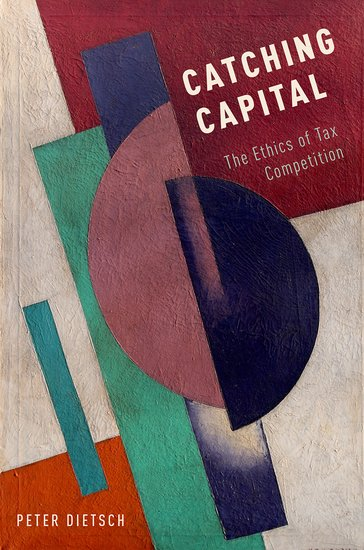Resisting TTIP and Corporatocracy
Valentin Beck teaches moral and political philosophy at the Freie Universität Berlin. He recently published Eine Theorie der globalen Verantwortung (Suhrkamp 2016). This post is the fourth and final part of our series on TTIP.
Traditionally, trade agreements have been a topic of debate chiefly for economists and other experts. Recently, however, TTIP, TPP and CETA have loomed large in public discourse. What is behind the intense public interest and vehement opposition by civil society groups? The debate does not centre solely on matters of distribution, as some would suggest. Instead, the most important critique of these agreements regards their power to undermine democratic procedures.





